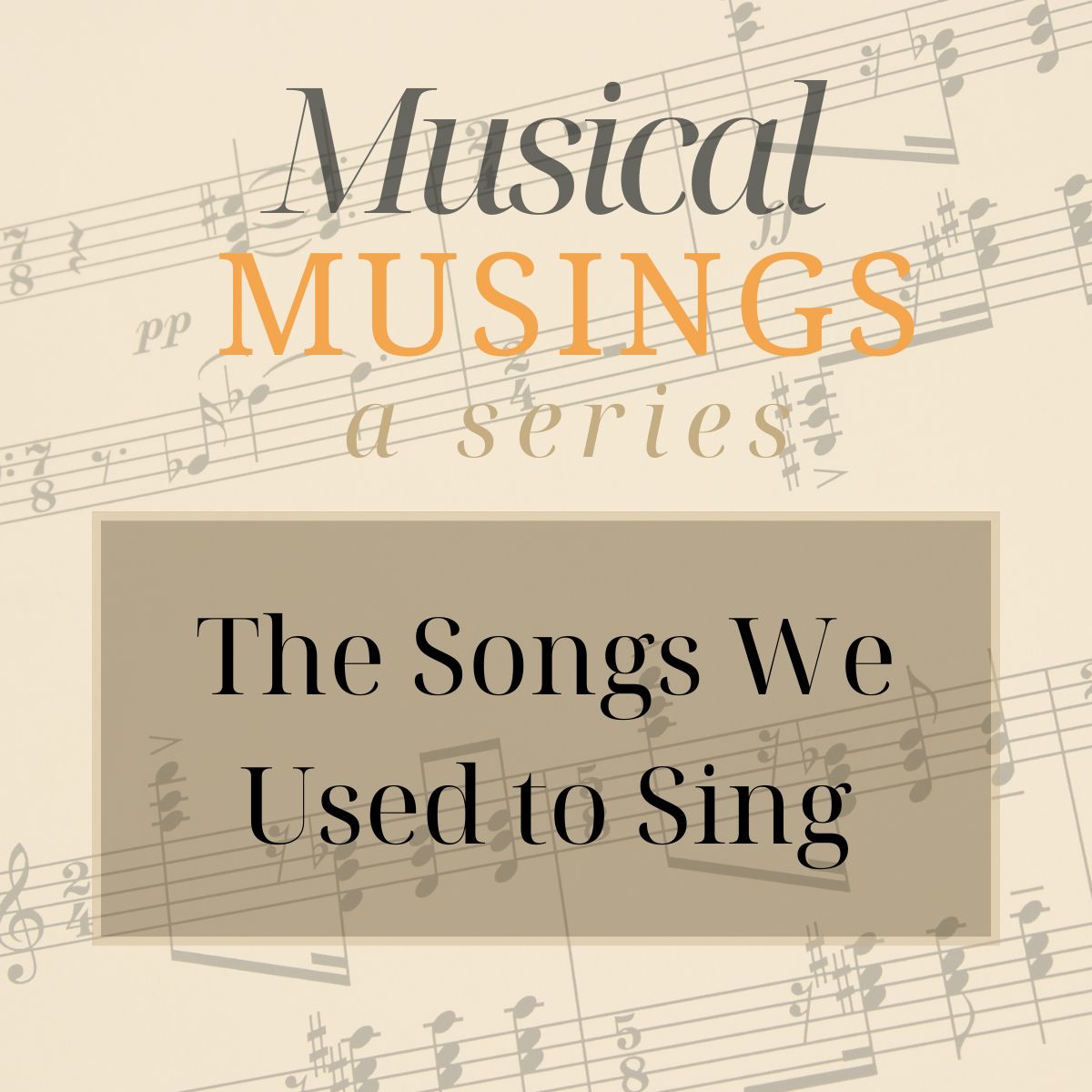
“There is an appointed time for everything, and a time for every affair under the heavens… A time to be silent, and a time to speak.” – Ecclesiastes 3:1, 7b
The summer of 2020 was a time of tremendous changes, most borne out of concerns for our health and safety during a global pandemic. We transitioned from recorded/streamed Masses to masked, “socially distanced” liturgies; from singing being deemed hazardous activity to reinstating church choirs after nearly a year. COVID-19 upended a significant portion of our lives as a society, personally, for our families, and for the Church, and some of those repercussions are still being felt to this day. One major change to the way we celebrate the liturgy, however, had nothing to do with public health, and its impact on the music we sing at Mass will be felt long after the last remnants of the pandemic are gone.
The post-Vatican II “folk Mass” era music was a genre predominantly associated with two composers, sometimes pejoratively, but more often than not in one breath – David Haas and Marty Haugen. In the summer of 2020, the music of David Hass disappeared from Catholic hymnals (and worship aids) virtually overnight. Upon announcement by the Archdiocese of Saint Paul and Minneapolis that credible and undisputed serious allegations of sexual misconduct had been made against the composer from dozens of sources, all of the major publishers of Catholic liturgical music, the National Association of Pastoral Musicians, and a joint statement from the United States Confraternity of Catholic Bishops prohibited the use of any of Mr. Haas’s compositions for liturgical use. (Remember a few weeks ago when I mentioned “according to the Church, music for liturgy should be vetted as appropriate by the diocese or archdiocese prior to its use”? This comes into play in a big way here. The Archdiocese of Saint Paul and Minneapolis formally revoked Haas’s letter of suitability, effectively blacklisting his body of work as a whole.)
While this news was never publicly addressed in most parishes, a few people have taken note, primarily in the form of asking, “why don’t we sing _______ any more?” And there’s a LONG list of titles that fit in that blank. Blest are They. We are Called. You are Mine. Now We Remain. Holy is Your Name. Not to mention dozens of psalm and mass settings. Publishers have stopped selling any of his material, and it has been removed from reprint license permissions, such as our license to print songs in our worship aids. Moral and ethical repercussions aside, I cannot legally use his music, as dictated by both Church AND civil law.
And so we move on, and we adapt. When previously any time the Gospel includes the Beatitudes, I have to dig a little deeper and find newer (or at least, newer to me) repertoire as opposed to defaulting to Blest are They. And there IS plenty of other great music out there to consider. The choir library has dozens of pieces that we will never touch again, but also just as many we never would have looked into had this not come to light. Still, on of the most difficult conversations I have regularly in the course of my job is to answer questions like “I just love You are Mine. We played it at my father’s funeral. Why can’t we sing it now at my mother’s?” It’s times like these that addressing the pastoral needs of a family and upholding the integrity of the liturgy gets very difficult, and very personal.
Please accept this invitation to participate more fully, more actively, in our parish’s music ministry. If you are interested in singing in the choir, leading the congregation as a cantor,
or enriching our liturgy as an instrumentalist, email Shawn Gelzleichter at sgelzleichter@gmail.com or call the rectory at 781-662-8844.